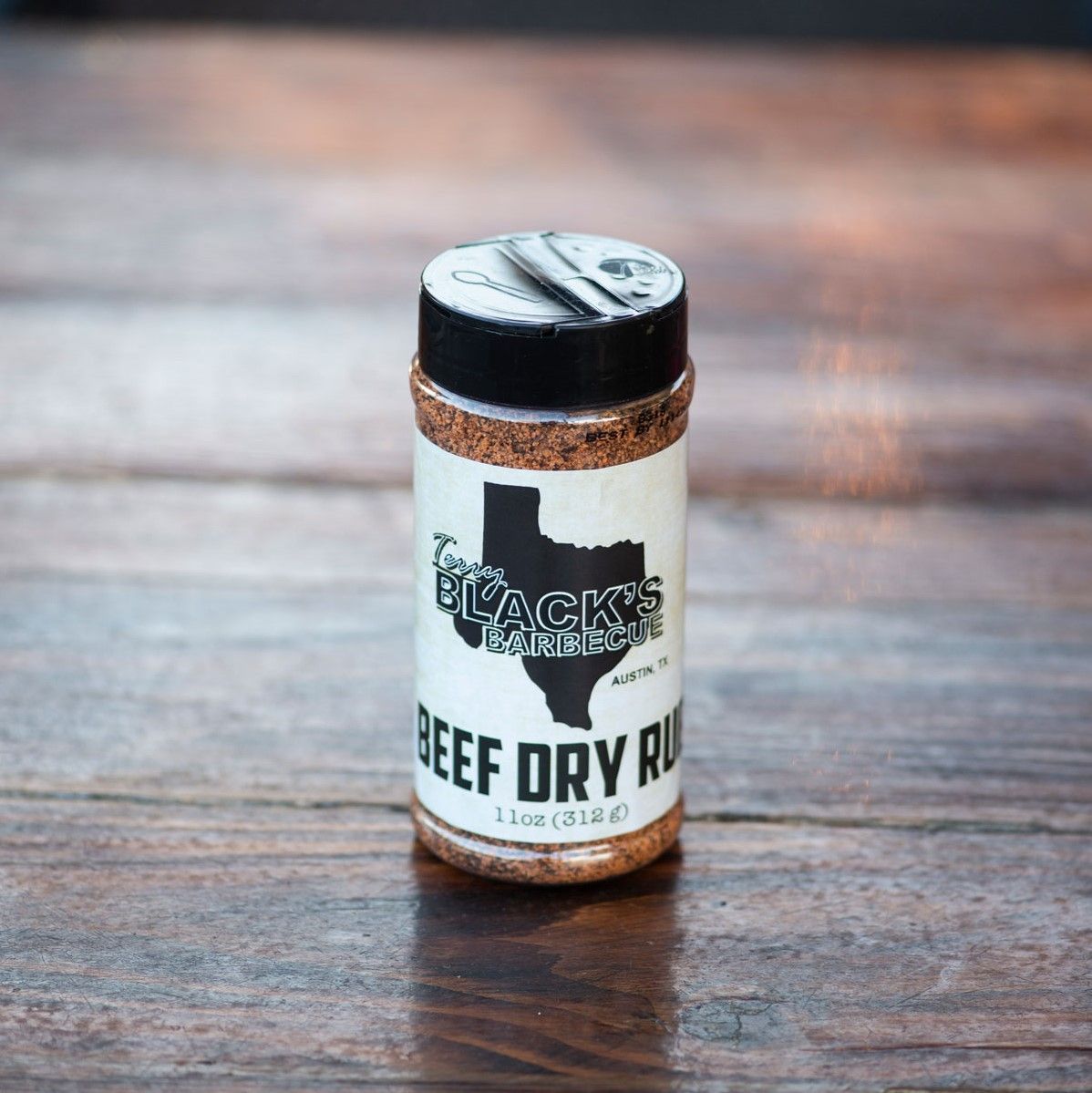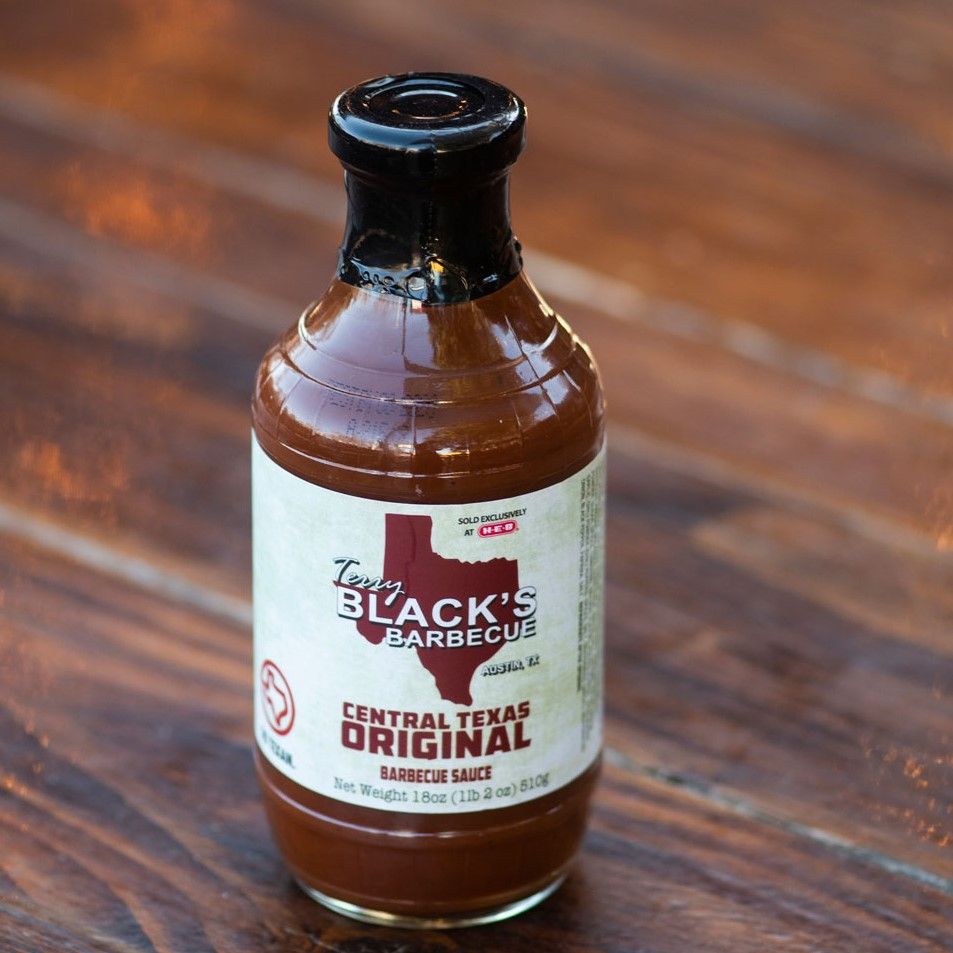The short answer is, "Yes, if it's the right retail outlet but it's not going to be as lucrative as you might think.
I was recently asked about my experience in big box retail stores and thought it was a good topic to discuss based on my experience. Below I'll give a short run down in bullet point form of the pros and cons, with my opinions mixed in. I'll very briefly discuss smaller independent retail stores as well.

Pro's:
1) Advertising/brand awareness: Your brand will receive a high volume of new or familiar eyes. So whether an in-store purchase is made, the customer goes to your physical location or just talks about your brand somewhere; you will reap the benefits of eyes on your brand in some way, shape or form.
2) Mailbox money: Contract with a co-packer and have them take care of distribution with the big box store. Remove yourself from the production side and purchase order process and enjoy that monthly check in your mailbox.
3) Customer acquisition: I can think of a few ways to acquire a customer without them having ever visited your physical location. This being one of them. The more stores you’re in, the more opportunities you have to make new customers that might not otherwise be able to make it to your physical location. The customer likes your brand, they then advocate for you online by leaving positive reviews, buy merchandise from your website, purchase food through online nationwide shipping platforms, etc. There's big value here.
Con's:
1) Costly store entry: Most of the stores I've talked with charge SKU fees, stocking fees, marketing fees, and countless other fees. My advice, don't do it. You can easily end up losing money here. The better big box stores to work with keep it simple and offer an “all in” price. Simply meaning, you charge them X amount for your product and it's theirs to sell at a negotiated retail price, no other fees involved.
2) Hard to replicate: When you make your BBQ sauce at home or in your restaurant, you’re making what is referred to as a small batch recipe. When your sauce is mass produced in a facility for big box stores; it's produced in very large kettles. It must be cooked to a certain temperature, additives and readily accessible substitutes are added to bring down the cost, eliminate allergens, etc. You'll have to scale your spices up for the large batch and any chef knows, although batch sizes might correlate on paper, it doesn't quite work that way in reality. Good luck getting the sauce company to make a very large batch just for you to tell them it doesn't taste right, and they need to discard the product... Now try doing that a second time! Dry rub on the other hand is pretty straightforward and easy.
3) Slim margins: Your packer gets the largest cut; the retailer gets a smaller cut, and you get what's left over. Now you can always negotiate and demand you get paid more. Assuming they agree typically means you're now a higher priced item in your category; Great, it also means you'll be moving less volume than others and if you're not moving enough volume... you'll be replaced. Grocery stores are very high volume in nature but run on very thin margins. I almost forgot to tell you... retail is a cutthroat world.
Regarding small independent stores around the country, I won't bore you with too many details but their volume is typically very low in comparison, which means small PO's, higher distribution cost per unit, smaller margins or minimal movement on your product and in my opinion it's more of a hassle than anything.
All in all, retail is great if you can get in at a very minimal cost and reap the benefits. If you're a mom-and-pop BBQ restaurant, you're not going to get rich off retail and if you do, please call me and tell me how wrong I am!
Good luck!
-Mike Black
